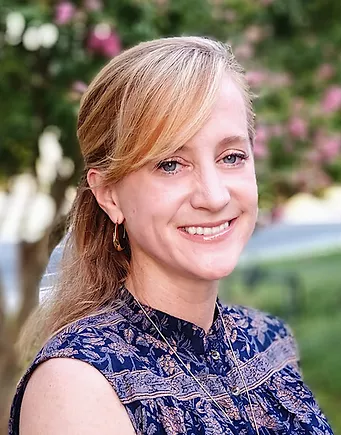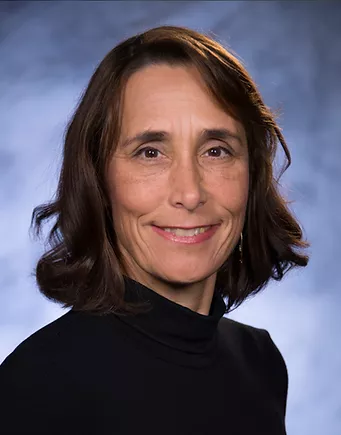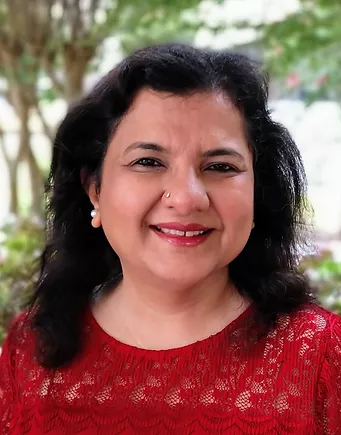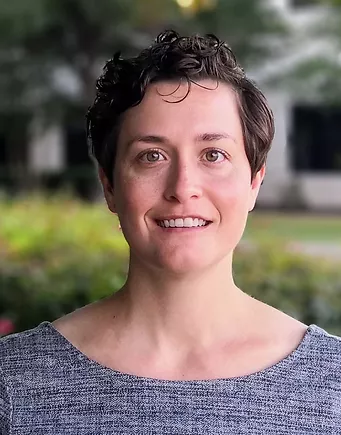Meet Our Pathologists
San Antonio is home to a talented group of pathologists who provide top-notch diagnostic services all over Texas.
Our pathologists come from diverse backgrounds and have undergone extensive training in their respective fields, ensuring that patients receive the best possible care.
All of our San Antonio pathologists are board-certified, demonstrating their commitment to providing the highest quality diagnostic services. Our board-certified pathologists are well-equipped with excellent diagnostic skills and a thorough understanding of the latest medical advancements, allowing them to deliver accurate diagnoses in a timely manner.
Our team of San Antonio pathologists works together in a collaborative spirit, ensuring that patients receive the best possible care and diagnostic quality.
Our goal is always to provide the most accurate diagnosis in an expedient manner.

Matt Martin, MD
Managing Partner
Board-Certified: Anatomic Pathology, Clinical Pathology, Cytopathology
Specialty: Cytopathology

Meghan Abuzeid, MD
Board-Certified: Anatomic Pathology, Clinical Pathology, Dermatopathology
Specialty: Dermatopathology

Melora Berardo, MD
Board-Certified: Anatomic Pathology, Clinical Pathology, Cytopathology
Specialties: Cytopathology, Fine Needle Aspiration, Breast, and Renal Pathology

Eve Betancourt, MD
Board-Certified: Anatomic Pathology, Clinical Pathology, Cytopathology
Specialty: Cytopathology

Jeff Christal, MD
Board-Certified: Anatomic Pathology, Clinical Pathology, Cytopathology, Hematopathology
Specialties: Hematopathology, Cytopathology, Fine Needle Aspiration, Breast, and Head & Neck Pathology

Jin Zhang, MD
Board-Certified: Anatomic Pathology, Clinical Pathology, Hematopathology
Specialty: Hematopathology

Tsetan Dolkar, MD
Board-Certified: Anatomic Pathology, Clinical Pathology

Jaime Furman, MD
Board-Certified: Anatomic Pathology, Clinical Pathology
Specialties: Urologic and Ophthalmic Pathology

Steven Goodman, MD
Board-Certified: Anatomic Pathology, Clinical Pathology, Cytopathology
Specialties: Cytopathology, Fine Needle Aspiration, and Head & Neck Pathology

Kelly Hall, MD
Board-Certified: Anatomic Pathology, Clinical Pathology, Dermatopathology
Specialty: Dermatopathology

Andrea Haws, MD
Board-Certified: Anatomic Pathology, Clinical Pathology, Dermatopathology, Pediatric Pathology
Specialties: Dermatopathology and Pediatric Pathology

Shazli Malik, MD
Board-Certified: Anatomic Pathology, Clinical Pathology, Cytopathology
Specialties: Cytopathology and Gastrointestinal Pathology

Brian Towell, MD
Medical Director
Board-Certified: Anatomic Pathology, Clinical Pathology
Specialties: Gastrointestinal Pathology and Urologic Pathology

Abby Richmond, MD
Board-Certified: Anatomic Pathology, Clinical Pathology, Cytopathology
Specialties: Gynecologic Pathology and Fine Needle Aspiration

Tawfeq Naal, MD
Board-Certified: Anatomic Pathology, Clinical Pathology, Hematopathology
Specialties: Hematopathology

William Hinchey, MD
Board-Certified: Anatomic Pathology, Clinical Pathology
Specialties: Gastrointestinal and Urologic Pathology

Shari Addington, MD
Board-Certified: Anatomic Pathology, Clinical Pathology
Specialties: Gastrointestinal, Liver, and Breast pathology

Kim Murphy, MD
Board-Certified: Anatomic Pathology, Clinical Pathology

Zachary Sussman, MD
Board-Certified: Anatomic Pathology, Clinical Pathology
Specialties: Breast Pathology

Vikas Nath, MD
Board-Certified: Anatomic Pathology, Clinical Pathology, Cytopathology
Specialties: Cytopathology
What is a Pathologist?
A pathologist is a medical doctor who specializes in the study of diseases and their causes. They play a critical role in the diagnosis, treatment, and prevention of various health conditions. Pathologists use laboratory techniques and microscopic examination to diagnose diseases. They typically work behind the scenes, conducting tests and analyzing specimens to provide information to other medical professionals, including primary care physicians, surgeons, and oncologists.
The role of pathologists involves a wide range of tasks. For example, they may examine biopsy samples to diagnose cancer or examine tissue samples to determine the cause of a patient’s illness. They also play a crucial role in the development of new diagnostic tests, treatments, and therapies. In addition, pathologists work to improve the accuracy and efficiency of laboratory tests and procedures.
Pathologists must complete a rigorous education and training process. This typically begins with earning a bachelor’s degree in a science-related field, followed by attending medical school. They then complete a residency program in pathology, which typically lasts four years. During this time, they gain hands-on experience in the field, working alongside experienced pathologists and learning the latest techniques and technologies.
Once the residency program is complete, pathologists must pass a certification exam from the American Board of Pathology to become board-certified. This exam tests their knowledge and expertise in the field and ensures that they meet the highest standards of quality and patient care.
The two main areas of pathology are anatomic pathology and clinical pathology.
- Anatomic Pathology: This area focuses on the diagnosis and study of diseases through the examination of tissues and organs. This includes biopsy interpretation, surgical pathology, and autopsy analysis.
- Clinical Pathology: This area involves the laboratory analysis of bodily fluids, such as blood and urine, to diagnose and monitor various diseases.
Pathologists may decide to pursue additional training to become experts in various subspecialties. These subspecialities include areas such as:
- Breast Pathology: The diagnosis and study of breast diseases and disorders, including breast cancer.
- Cytopathology: The diagnosis and study of diseases through the examination of cells, including cervical cancer screening (Pap tests) and fine needle aspiration biopsies.
- Dermatopathology: The diagnosis and study of skin diseases and disorders through the examination of skin samples.
- Fine Needle Aspiration: A minimally invasive procedure used to diagnose a variety of conditions, including breast, thyroid, and lymph node abnormalities.
- Gastrointestinal Pathology: The diagnosis and study of diseases of the digestive system, including the stomach, small intestine, large intestine, and rectum.
- Gynecologic Pathology: The diagnosis and study of diseases of the female reproductive system, including cervical, endometrial, and ovarian cancers.
- Hematopathology: This subspecialty focuses on the study of blood disorders, such as leukemia and lymphoma, and involves the examination of blood and bone marrow samples.
- Head and Neck Pathology: The diagnosis and study of diseases of the head and neck, including tumors and inflammatory conditions.
- Liver Pathology: The diagnosis and study of liver diseases, including hepatitis, cirrhosis, and liver cancer.
- Ophthalmic Pathology: The diagnosis and study of diseases of the eye, including age-related macular degeneration and glaucoma.
- Pancreatic Pathology: The diagnosis and study of diseases of the pancreas, including pancreatitis and pancreatic cancer.
- Pediatric Pathology: The diagnosis and study of diseases in children, including congenital anomalies and pediatric cancers.
- Renal Pathology: The diagnosis and study of diseases of the kidneys, including glomerulonephritis, pyelonephritis, and renal cell carcinoma.
- Urologic Pathology: The diagnosis and study of diseases of the urinary system, including bladder, prostate, and testicular cancers.
Each of these subspecialties requires specialized training and expertise, and pathologists may choose to focus their practice on one or several of these areas.
At Pathology Reference Lab, all of our pathologists are board-certified in anatomic and clinical pathology. Many have multiple sub-specialty areas, which ensures that patients and physicians have access to expert knowledge at the time they need it the most.
